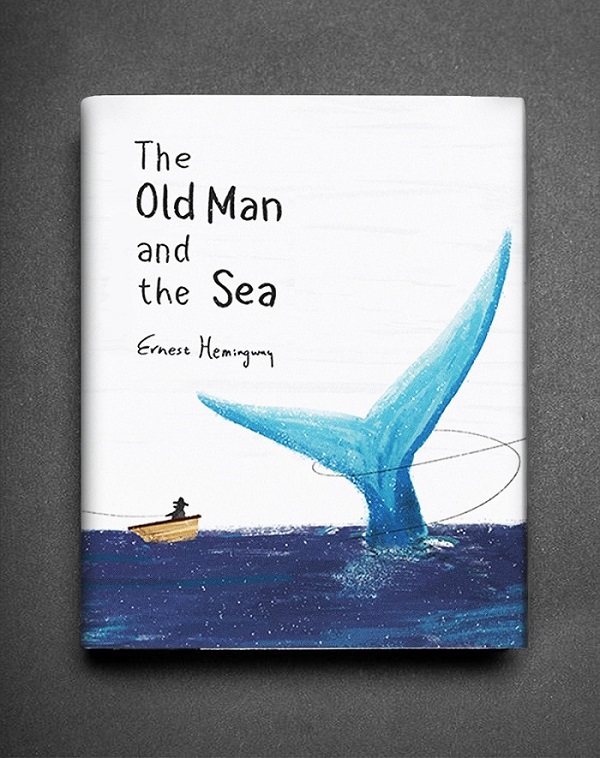

.jpg)
Yet Santiago is too old and infirm to partake of the gun-toting machismo that disfigured much of the author's later work: "The brown blotches of the benevolent skin cancer the sun brings from its reflection on the tropic sea were on his cheeks. This tale of an aged Cuban fisherman going head-to-head (or hand-to-fin) with a magnificent marlin encapsulates Hemingway's favorite motifs of physical and moral challenge. A half century later, it's still easy to see why. It also led directly to his receipt of the Nobel Prize in 1954 (an award Hemingway gladly accepted, despite his earlier observation that "no son of a bitch that ever won the Nobel Prize ever wrote anything worth reading afterwards"). In fact The Old Man and the Sea revived Ernest Hemingway's career, which was foundering under the weight of such postwar stinkers as Across the River and into the Trees. Here, for a change, is a fish tale that actually does honor to the author.


 0 kommentar(er)
0 kommentar(er)
